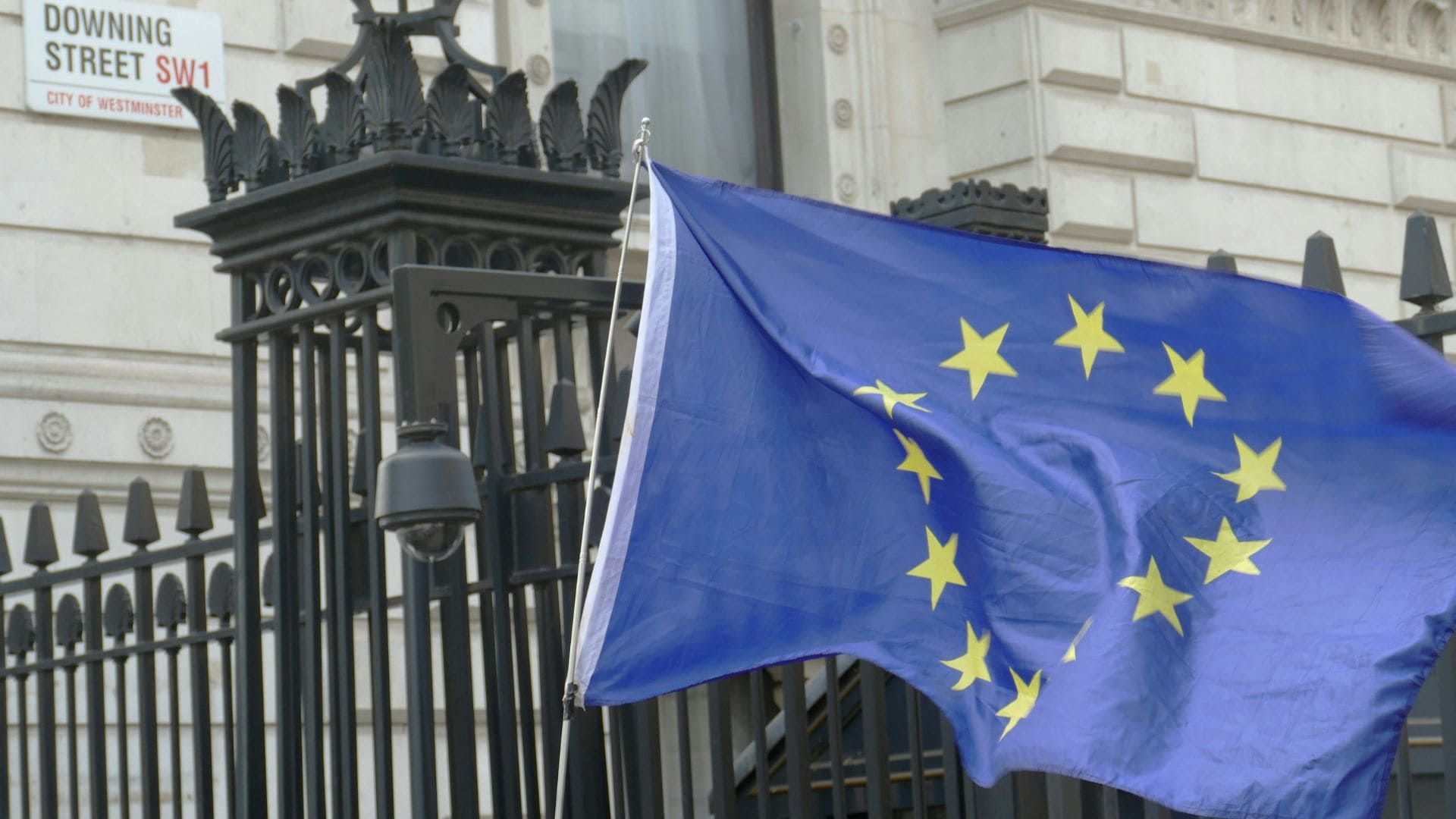Retail Scanner
Descriptive company names – Dairy Partners BV vs DOC Dairy Partners Limited
April 2021
In a long-awaited decision, the Dutch Supreme Court has recently handed down a judgement providing clarity on the conditions for protection of more or less descriptive company names in the Netherlands.
The Dutch Company Name Act states that it is prohibited to use a company name that is identical with or similar to a company name that is already in use in the same sector and geographical area, provided that confusion on the part of the public is to be expected.
A company name is the name used to distinguish an undertaking from other undertakings. Company name rights in the Netherlands are created by the use of a company name in commerce and not by registration of this name in the Dutch Company Name Register.
In the present case, the British cheese manufacturer “Dairy Partners” sued the Dutch cheese and dairy manufacturer “DOC Dairy Partners” (“DOC”) for company name infringement. Dairy Partners has been using its company name in the Netherlands since 2007, whereas DOC only introduced their name in the Dutch market in 2016. Both companies were attending international trade fairs in the dairy sector visited by Dutch-based dairy companies.
In the first instance proceedings, DOC argued that the company name “Dairy Products” was merely descriptive for a company offering and selling dairy products. As such, even if there was a risk of confusion, the use of their company name could only infringe Dairy Partners’ company name rights in the event of additional circumstances, such as a prior contractual relationship between the parties or deliberately causing confusion on the part of the public by, for example, establishing one’s business in the near vicinity of a competing business with a similar name.
The argument that, in case of descriptive company names, special circumstances were required in addition to a likelihood of confusion was generally accepted in the Netherlands because of the need to avoid monopolies on descriptive terms. The latter is especially important now that the use of descriptive terms has increased in order to improve the findability of companies on the Internet.
In an earlier 2015 decision on similar descriptive domain names (not being company names at the same time), the Supreme Court itself had introduced the “additional circumstances” doctrine.
The first instance Court held in the present case that the word “Partners” could not be considered fully descriptive and there is a risk of confusion between the respective company names on the part of the public. DOC was ordered to remove the word element Partners from its company name.
DOC appealed this decision and the Appeal Court raised prejudicial questions with the Dutch Supreme Court, namely:
(1) whether or not additional circumstances are required in addition to a risk of confusion in order to successfully invoke a descriptive company name; and
(2), if not, how to deal with the public interest that everyone should be free to use descriptive terms in commerce?
Despite the fact that the parties informed the Supreme Court that they had in the meantime reached an amicable settlement in this matter, the Supreme Court decided to answer the prejudicial questions anyway.
The Supreme Court held that, in case of conflict between two descriptive company names, the Dutch Company Name Act does not leave room for requiring special circumstances in addition to a risk of confusion.
The public interest that indications which are descriptive of the nature of an undertaking, or of the goods or services supplied by it, should be free to use by everyone, can be sufficiently taken into account by paying attention to that interest in the assessment whether or not confusion is to be expected among the relevant public. In that assessment, all circumstances of the case must be taken into account, including the degree of distinctiveness (intrinsic or through use) and the reputation of the earlier company name.
What does this mean in practice?
Despite the fact that additional circumstances are not required, the owners of a fully descriptive company name that does not have a certain reputation, run the risk being left empty-handed in case they want to stop a competitor that uses an identical or similar name as the Court could simply rule that, because of the descriptive nature of the company names, there is no risk of confusion among the public. On the other hand, if the owners of the prior (more or less) descriptive company name are able to demonstrate that it has a certain recognition/reputation in the marketplace, the Court may very well rule that there is a risk of confusion between the descriptive company names.
The decision clearly demonstrates the importance of conducting full trade mark and company name searches before launching a new brand or company name, even in case of descriptive names.
This update was prepared by HGF Partner Kasper Radstake.






























